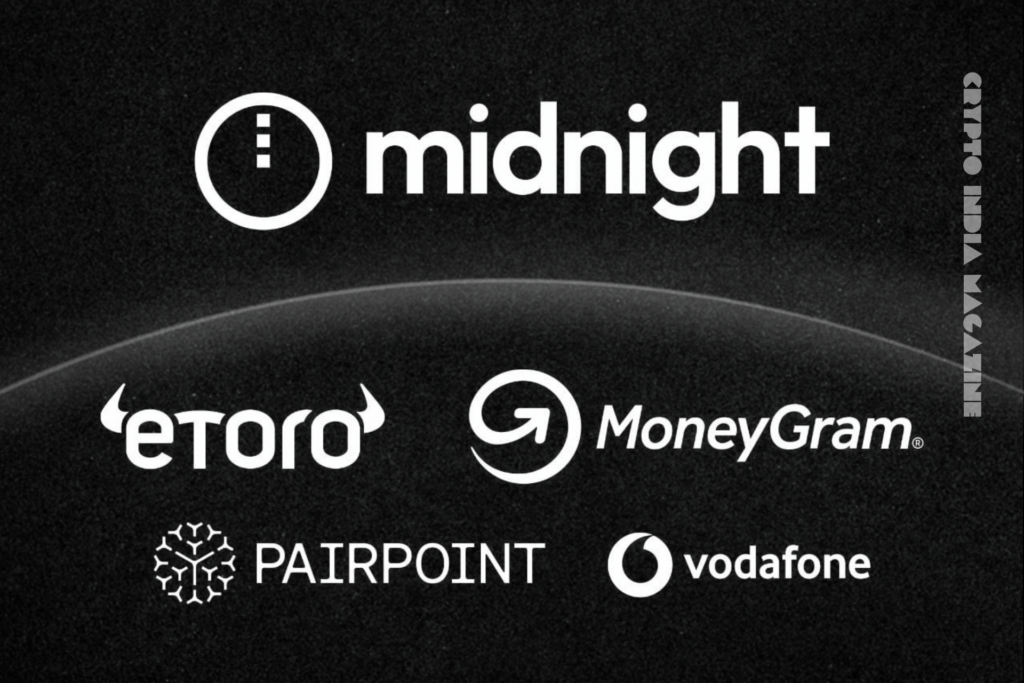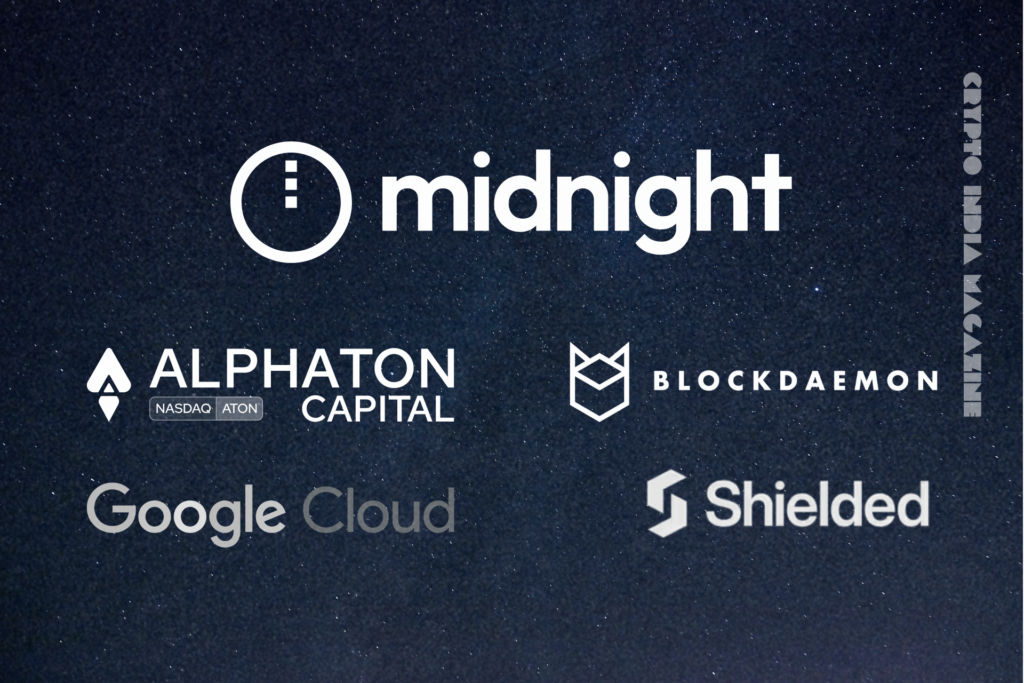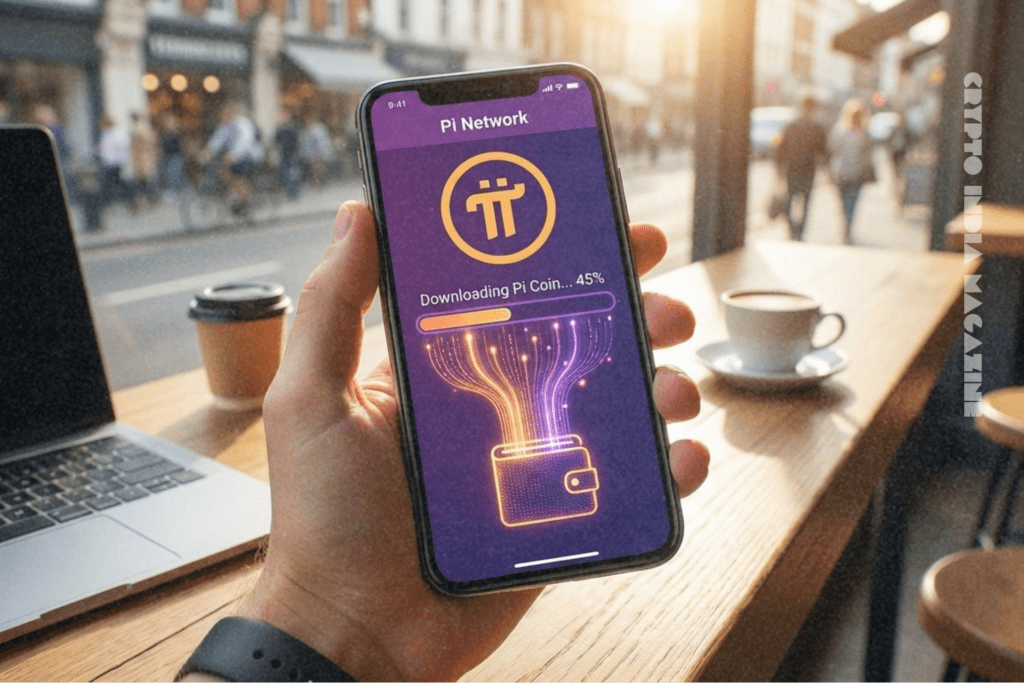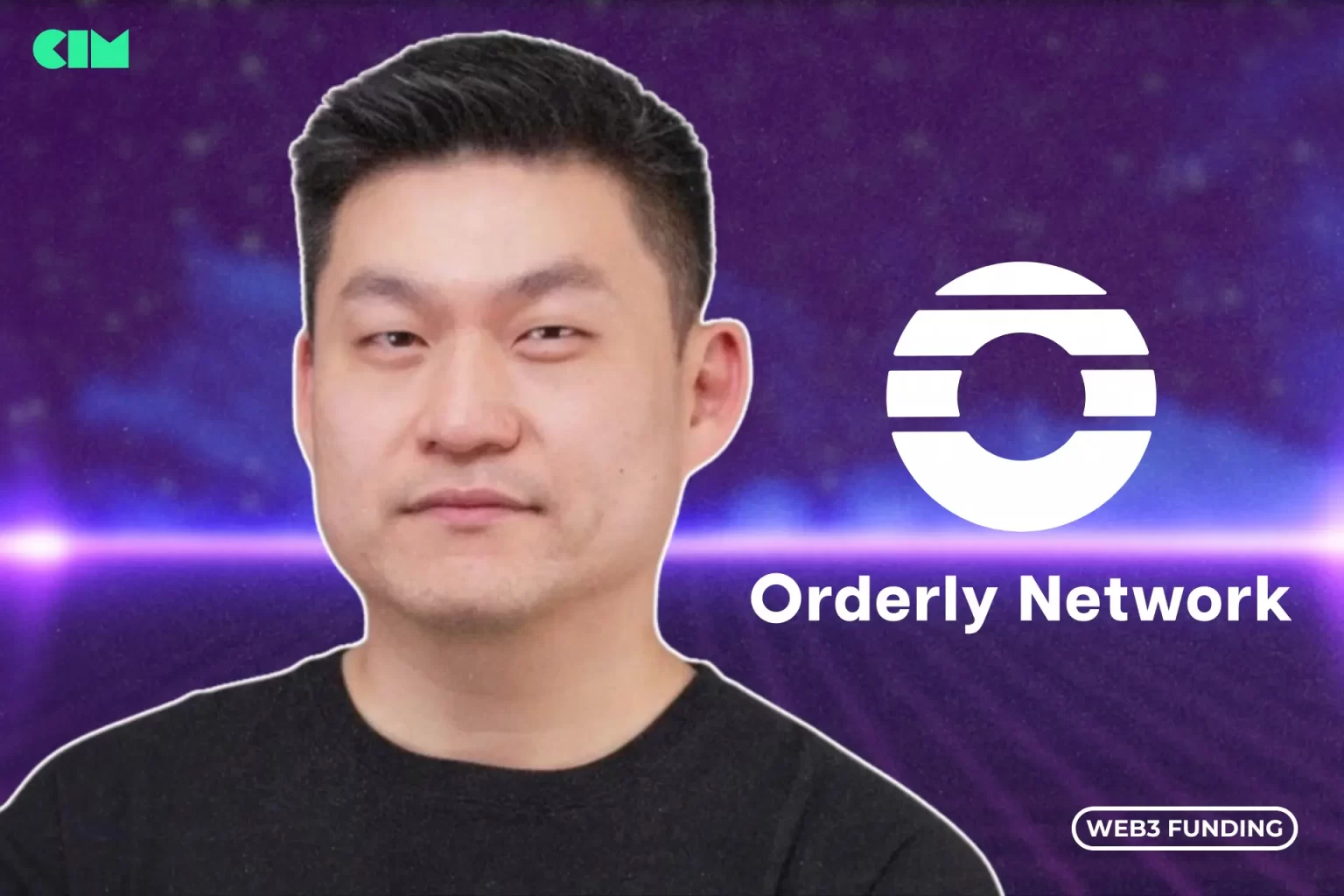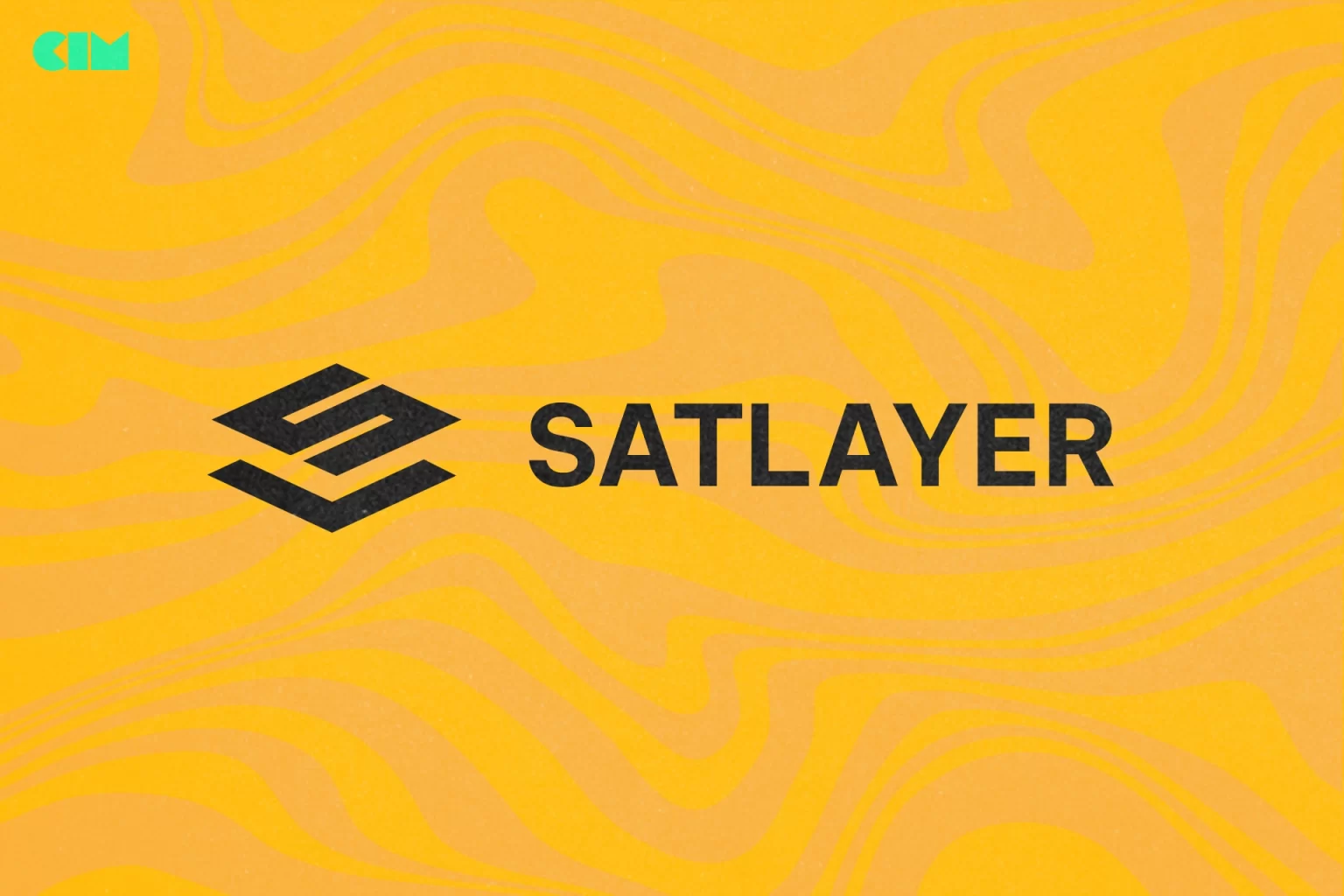Now Reading: Blockchain Startup Story Raises $80 Million to Shield Creators’ IP from AI Giants
-
01
Blockchain Startup Story Raises $80 Million to Shield Creators’ IP from AI Giants
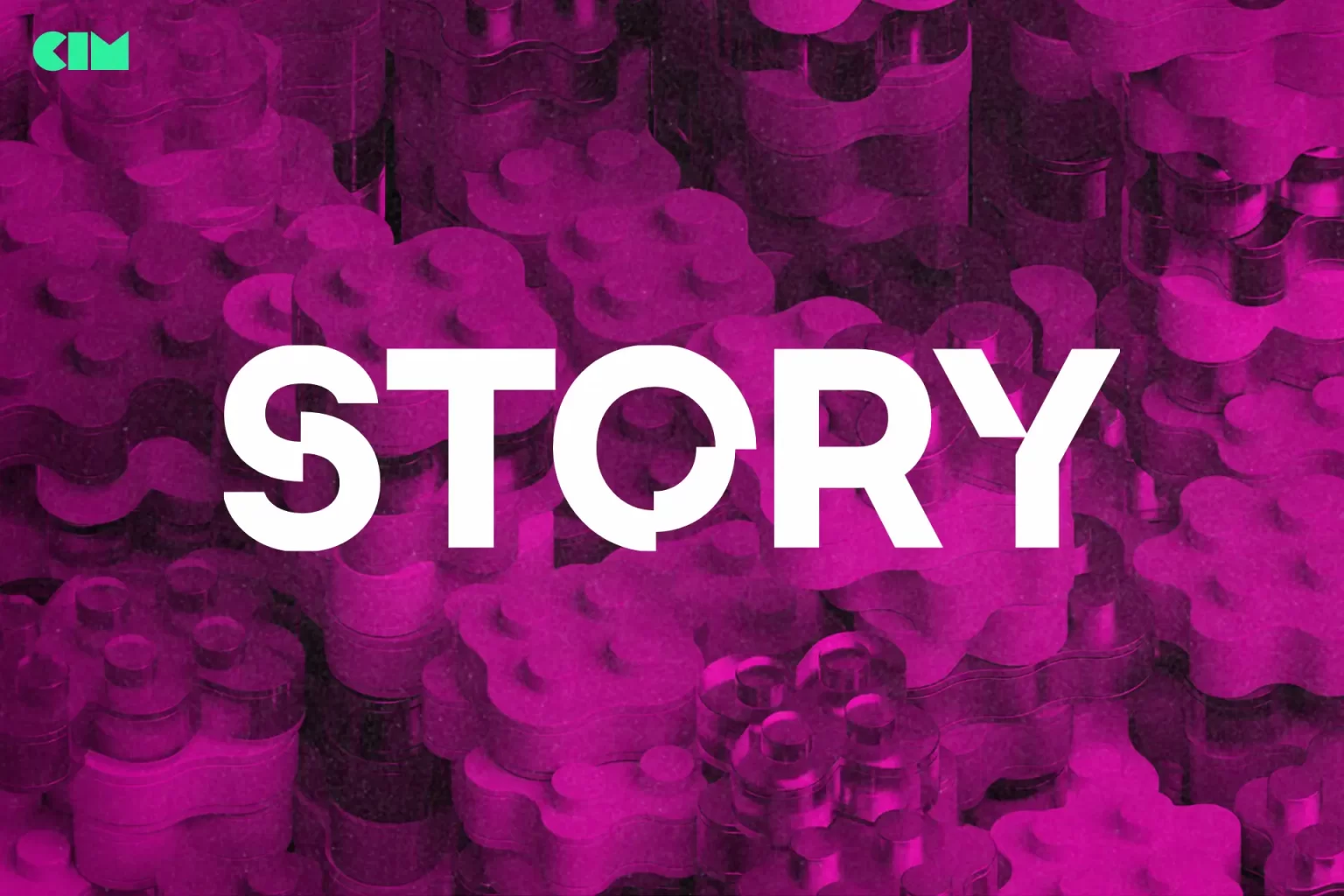
Blockchain Startup Story Raises $80 Million to Shield Creators’ IP from AI Giants
QUICK BITE
- Story secures $80M to build blockchain protecting creators’ IP from unauthorized AI use.
- Blockchain platform simplifies IP control, making rights and royalties “programmable” via smart contracts.
- The startup aims to address AI copyright challenges, ensuring fair compensation for creators.
San Francisco-based startup Story announced on Wednesday that it secured $80 million in funding to develop a blockchain to protect creators’ intellectual property from being used by artificial intelligence (AI) developers like OpenAI without authorization.
The funding round was led by Andreessen Horowitz, also known as a16z, with contributions from Polychain and other investors. Founded in 2022, Story has now raised a total of $140 million, and the latest funding round is said to value the company at $2.25 billion.
Simplifying IP Control with Blockchain
Story is a blockchain network that enables creators to prove ownership of their content by storing their intellectual property (IP) on the platform. The technology safeguards IP by embedding terms like licensing fees and royalty-sharing into smart contracts—digital agreements that automatically execute when certain conditions are met.
This approach makes IP “programmable,” as explained by Story’s co-founder and CEO, SY Lee, in an interview with CNBC. It simplifies the enforcement of copyright rules and pricing, reducing the need for intermediaries such as lawyers or agents. Lee described this as transforming IP into “IP Lego,” where creators can embed their terms directly into smart contracts, streamlining the entire process.
Story generates revenue by charging a network fee for activities on its platform. One example of its application is Ablo, an AI tool that allows users to create custom fashion items using designs from brands like Balmain and Dolce & Gabbana, with brands being compensated through licensing and revenue-sharing agreements.
Addressing AI Copyright Challenges
Story is also tackling the rising issue of AI-driven copyright theft, where generative models like OpenAI’s ChatGPT use copyrighted content for training without proper authorization. This has led to lawsuits, such as The New York Times suing Microsoft and OpenAI for allegedly using its content without permission.
Story’s CEO, SY Lee, criticizes big tech for “stealing IP” and warns that AI’s long-term success depends on fairly compensating creators. Without quality, human-created data, AI models won’t improve effectively.
While few startups address AI-related IP theft, initiatives like the University of Chicago’s Glaze help artists protect their work by subtly altering it to prevent AI replication. Story, founded in 2022, is expanding its IP network to support more developers in creating content with programmable IP. Lee emphasizes that failing to monetize IP fairly could harm AI’s future.



